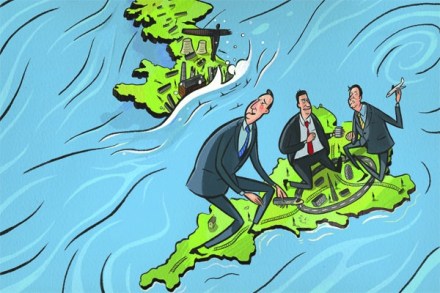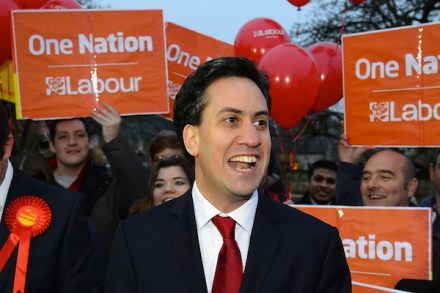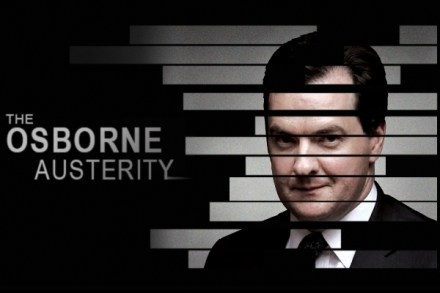Why Ed Balls is so confident about benefit wars
The debate over benefit uprating will run and run because both sides think they are winning. George Osborne thinks the public resent generous benefits rises. Liam Byrne and Ed Balls want to call this a ‘strivers tax’ and think blue collar workers will fall into their arms. Byrne told Coffee House yesterday that Labour will be hurt opposing to the Welfare Uprating Bill. I understand that the Shadow Cabinet reached its decision after YouGov’s polling showing C2DE voters – the three lowest socio-economic groups – saying benefits should have been increased in line with inflation. Osborne’s Bill would increase welfare by 1pc, behind expected inflation. Some 42 per cent of C2DE respondents said it was




















